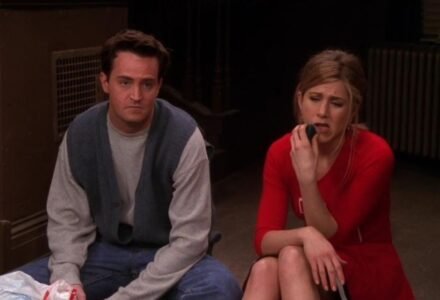Jennifer Aniston, who famously played Rachel in Friends, recently made a comment on the iconic sitcom’s legacy, and completely misinterpreted the way young people view the series.

Aniston told AFP (via Yahoo News) that “comedy has evolved” to the point that it has become harder for comedians, who she believes are struggling to adjust to shifting social norms.
“Now it’s a little tricky because you have to be very careful, which makes it really hard for comedians, because the beauty of comedy is that we make fun of ourselves, make fun of life,” Aniston said. “[In the past] you could joke about a bigot and have a laugh — that was hysterical. And it was about educating people on how ridiculous people were. And now we’re not allowed to do that.”

Aniston added, “There’s a whole generation of people, kids, who are now going back to episodes of Friends and find them offensive. There were things that were never intentional and others… well, we should have thought it through — but I don’t think there was a sensitivity like there is now … Everyone is far too divided.”
Nothing could be further from the truth; Friends might have ended back in 2004, but it has experienced a surprising resurgence among Gen Z, thanks to Netflix, which introduced the series to a whole new audience.
According to Nielsen, Friends totaled around four percent of all Netflix views in 2018; the streaming giant paid $100 million to continue streaming Friends for another year. Currently, Friends can be streamed on HBOMax, and still has a large fandom among teens today; indeed, the show’s popularity with the younger generation is well-documented.
These days, the show has become something of a period piece, documenting the “before time,” when social media and smartphones were still the stuff of science fiction.
Friends has always been something of an aspirational fantasy (especially Monica and Rachel’s glorious apartment); the show is set in a soft, gentle world, where work is an afterthought, and there’s always enough time to lounge in a coffee shop and talk about first-world problems.






